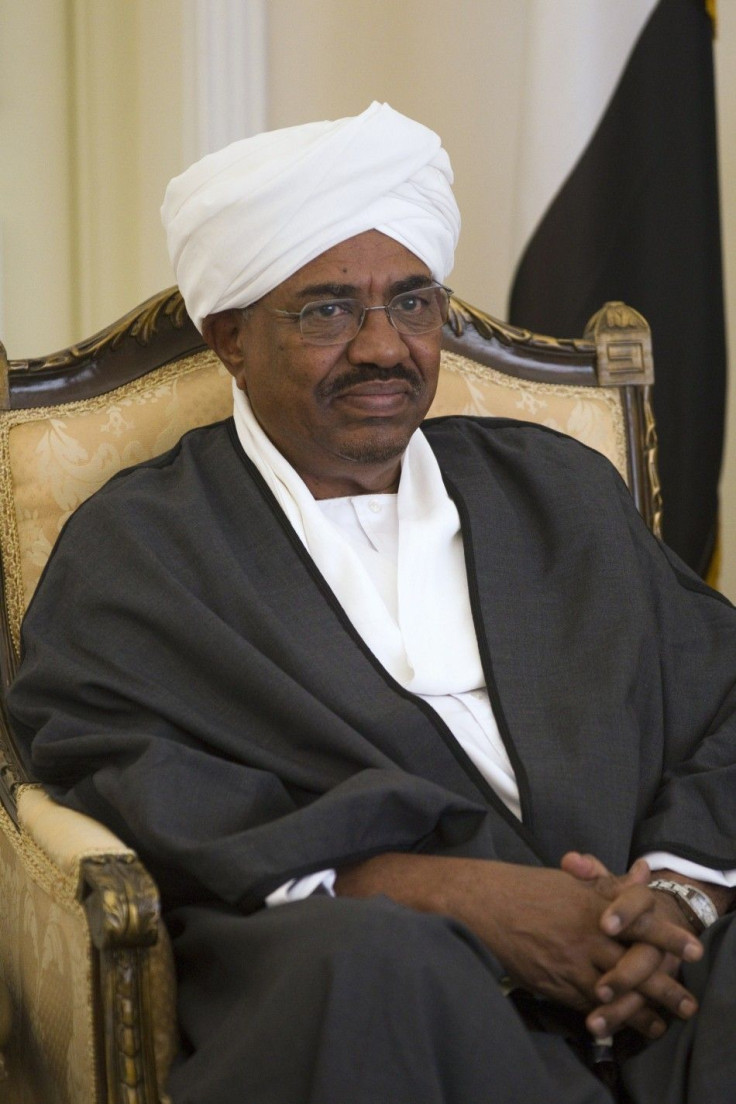UN sends Peacekeepers to Abyei, Sudan

The United Nations Security Council approved a resolution to send Ethiopian peacekeepers to the Abyei region of Sudan.
Passed unanimously, the resolution will send 4,200 troops to the area for six months.
The mission comes one week after the presidents of Sudan and South Sudan agreed to demilitarize the Abyei region, which had been occupied by President Omar al-Bashir's Northern troops for a month.
I commend the parties for taking this step forward toward peace, and I urge them now to build on that progress and agree to an immediate cease-fire in Southern Kordofan, the White House said in a statement.
It is unclear when The United Nations Interim Security Force for Abyei will be deployed, but it will likely arrive before July 9, the day South Sudan officially becomes an independent nation.
Tension in the oft-disputed area came to a head when President Umar al-Bashir seized control of the area on May 21. The occupation was followed by military action by both nations, and clashes have occurred north and south of the border, including in Southern Kordofan, which is a northern state populated with many ethnically southern people.
More than 100,000 Sudanese have been displaced by the occupations and subsequent retaliations.
Both sides claim the Abyei region, which accounts for about 25 percent of the nation's oil production. Abyei included, the soon-to-be-independent South Sudan controls around 75 percent of Sudan's total oil output. Outside observers are hoping that a revenue-sharing scheme can be agreed upon by the two parties.
Abyei is also the tribal land for groups ethnically linked to both North and South Sudan, and many fear that the border dispute could revive the decades-long ethnic wars that led to the South's secession.
In the resolution, the Security Council said it was deeply concerned by the current situation in the Abyei Area, and by all acts of violence committed against civilians in violation of international humanitarian law and human rights law including the killing and displacement of ... civilians.
The Ethiopian Peacekeeping troops will be permitted to use force in self-defense and are responsible for protecting civilians and humanitarian aid. However, unlike most Peacekeeping missions, the force is not allowed to track potential abuses of human rights law.
© Copyright IBTimes 2024. All rights reserved.





















